Herdsmen drive to pastures new
Horses and trucks help bring livestock to grazing grounds

The timeless rhythm of pastoral life continues across the majestic landscapes in the Xinjiang Uygur autonomous region, yet echoes with the hum of modern progress. Each June, as the summer sun warms the grasslands, herders like Balatijan Eremubai embark on the critical journey to pastures at higher altitudes — a tradition now seamlessly blending age-old practices with contemporary convenience.
At this time every year, herdsmen ride horses to drive their livestock from spring to summer pasture. There are hundreds of cattle and sheep cross the mountains led by herdsmen.
For the 43-year-old man and his family from a village in Xinyuan county, which borders the Nalati scenic area in Xinjiang, this year's three-day migration to summer pastures has unfolded with practiced efficiency, reflecting broader changes sweeping across Xinjiang's pastoral regions.
On June 10, their first day, Balatijan organized a truck to transport their traditional felt yurt and essential household supplies, carefully packing their belongings at their settled home near the spring-autumn pastures. No longer reliant solely on pack animals, the truck symbolizes a key shift.
Then, on the second day, family teamwork took center stage. Balatijan's wife, normally employed at the local laundry plant, took leave. Together with their two young sons, they drove to the summer pasture site. There, they joined Balatijan's brother's family to erect their yurts — establishing their seasonal home base with relative speed and ease, thanks to motorized transportation.
On the last day, Balatijan saddled his horse to guide more than 200 sheep from the lower pastures near the village, traversing mountain trails for about nine hours. This solitary leg of the journey, facing shifting weather from driving rain to brilliant sunshine, remains the most physically demanding testament to the herder's enduring skills and resilience.
"This work is tiring, yes, but it's our routine," Balatijan says. "We're used to it, and I have good expectations for the livestock's condition this season."
The family's experience is a microcosm of Xinjiang's evolving pastoralism. Improved roads and facilities in mountain pastures make the seasonal transition smoother and life on the summer range more comfortable, which leads to more trucks and cars for transporting people and heavy goods, reducing reliance on animal power and arduous treks. Meanwhile, needs for children's education and healthcare for the elderly are met near their settlements. This stability enables younger generations to pursue diverse employment, reducing the necessity for entire families to migrate.
It is no longer common for the whole families, including the very young and old, to move en masse with all their worldly goods across vast distances. Instead, a more efficient, economically diversified model is emerging, where essential herding tasks are often shouldered by herders like Balatijan, supported by technology and anchored by settled communities providing modern services.
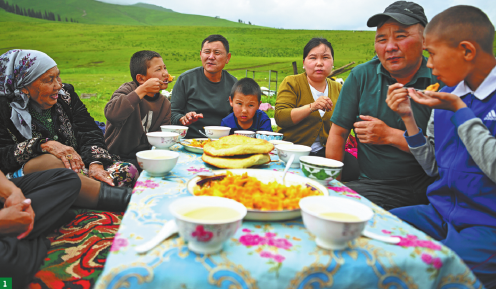
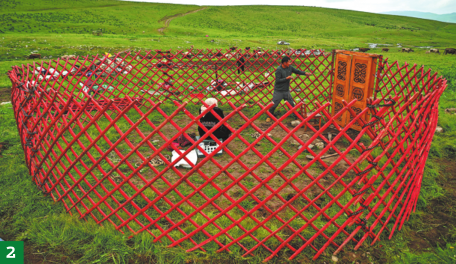
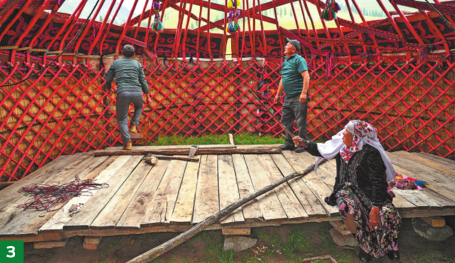
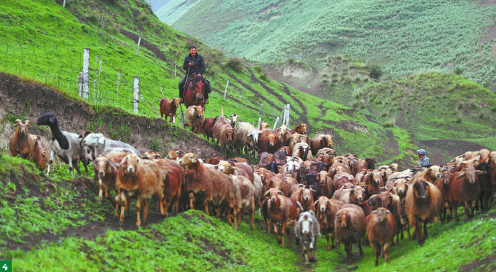
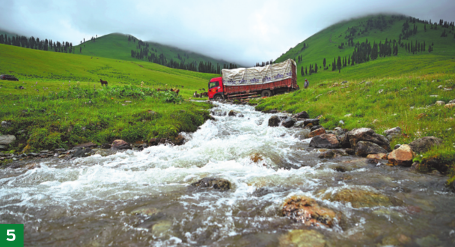
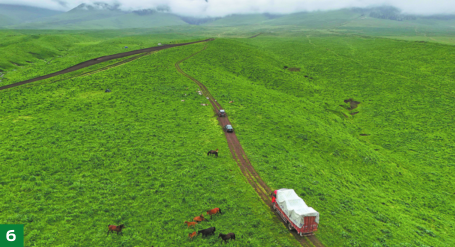
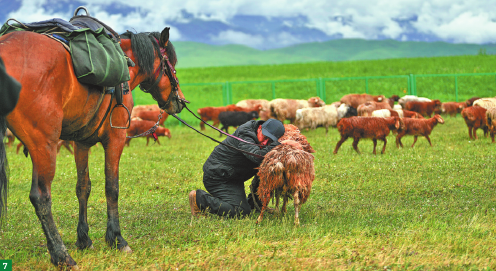
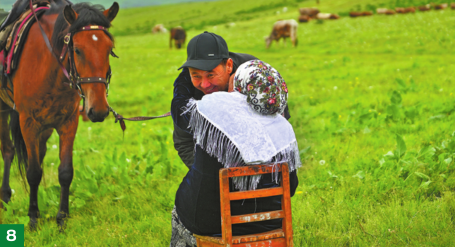
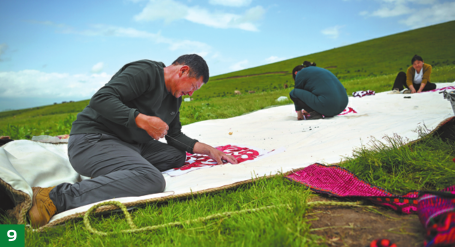
Today's Top News
- Crossing a milestone in the journey called Sinology
- China-Russia media forum held in Beijing
- Where mobility will drive China and the West
- HK community strongly supports Lai's conviction
- Japan paying high price for PM's rhetoric
- Japan's move to mislead public firmly opposed






























